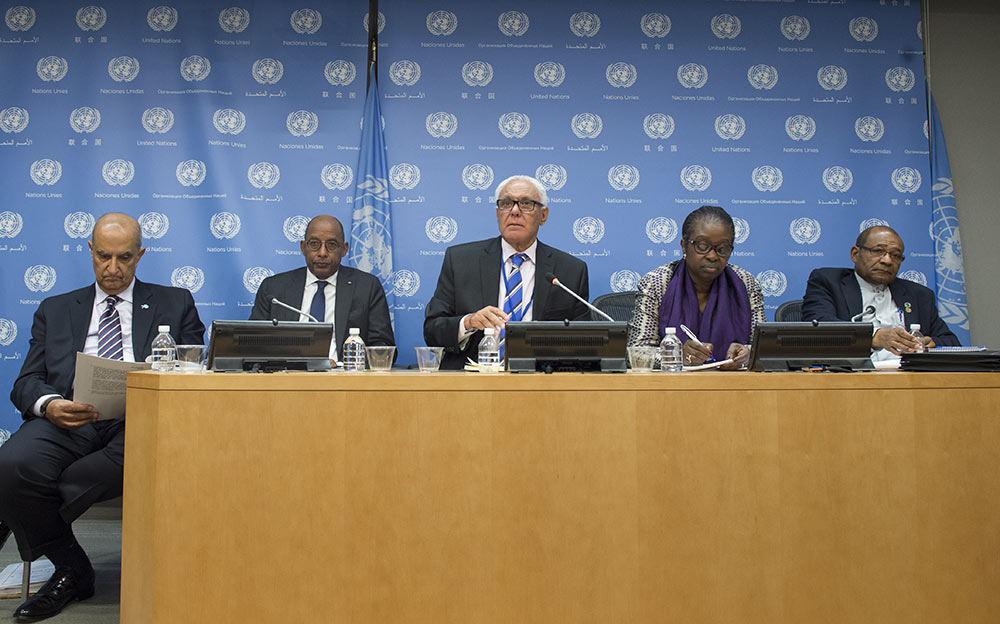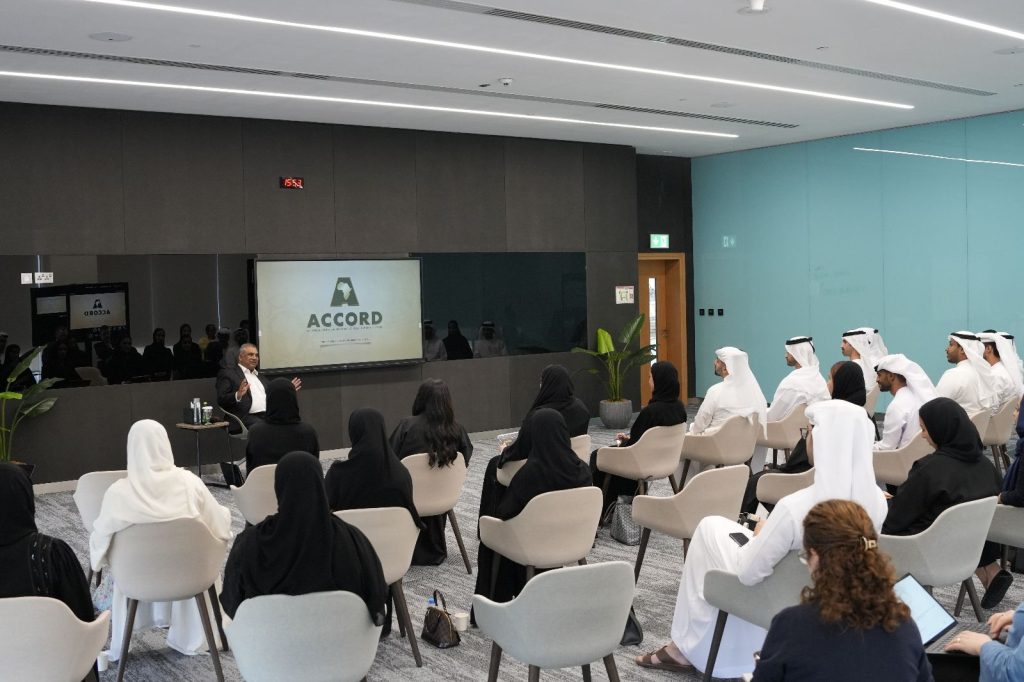The African continent has been plagued by intra and inter-states conflict, poverty, economic mismanagement, corruption, lack of rule of law, electoral democracy and respect of human rights. As the continent strives to achieve economic transformation and integration through the African Union’s Agenda 2063, a tool that can make this agenda a reality is the African Peer Review Mechanism (APRM).
The APRM, which was established in 2003, is a process of periodic performance reviews of African Governments’ efforts towards promoting good governance. It is an important instrument that can be used to improve governance and sustainable development on the continent. It focuses on four thematic areas: democracy and political governance; economic governance and management; corporate governance and socio-economic development. Currently, 35 countries are part of the process and 17 have been through a first review.
It is in this context that the Electoral Institute for Sustainable Democracy in Africa (EISA) and the South African Institute of International Affairs (SAIIA) organised in Nairobi, Kenya, on 17-18 May 2016, a continental conference, entitled “Revive APRM: Where to Next for Civil Society?”, bringing together local and international Civil Society Organisations (CSOs) to discuss the current developments in the APRM programme, highlight and recognise recent gains, and seek to develop strategies and methods to preserve these gains and entrench greater civil society participation in the APRM at all levels.
The overall goal of the conference was to develop a coherent civil society approach to consolidate and improve on the recent gains made in reviving the APRM. The conference was an opportunity for CSOs, representative of governments, and partners to address APRM’s challenges and evaluate the progress made by all relevant stakeholders. The keynote address was presented by the Devolution and Planning Cabinet Secretary (Minister), in the ministry of government of the Republic of Kenya and in also the APRM Focal Point, Mr Mwangi Kiunjuri.
Participants reflected on the recent decisions taken by the APRM structures, and explored ways to deepen and strengthen African civil society participation and ownership of the African governance agenda through the APRM. Participants also reviewed the current state of governance in Africa and drafted a strategy document for civil society engagement within the APRM framework and thence going forward. CSOs expressed their views that Africa could achieve political stability, high economic growth and social empowerment of her people through the implementation of good governance policies and that this was possible and achievable only through the political will of African governments. Bad governance was highlighted as one of the root causes of economic mismanagement, corruption, lack of rule of law, electoral democracy and respect of human rights. For more information on the overall civil society engagement, as well as the event proceedings and to download the presentations, visit the organisers’ site.
ACCORD/TfP was represented by Mr Fabrice Tunda, Programme Officer – Peacekeeping Unit, ACCORD.
The Training for Peace Programme at ACCORD is an initiative funded by the Norwegian Ministry of Foreign Affairs.








